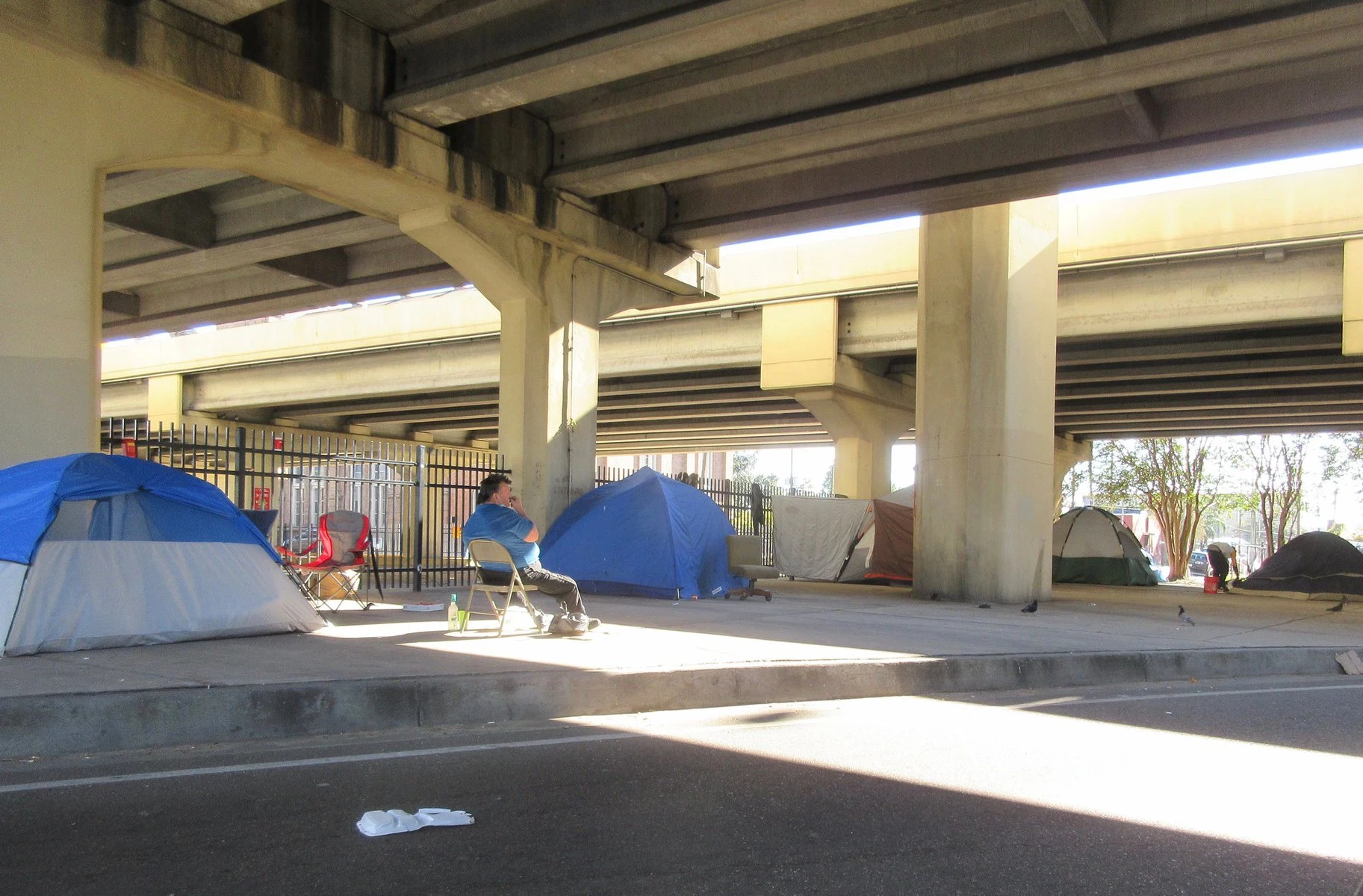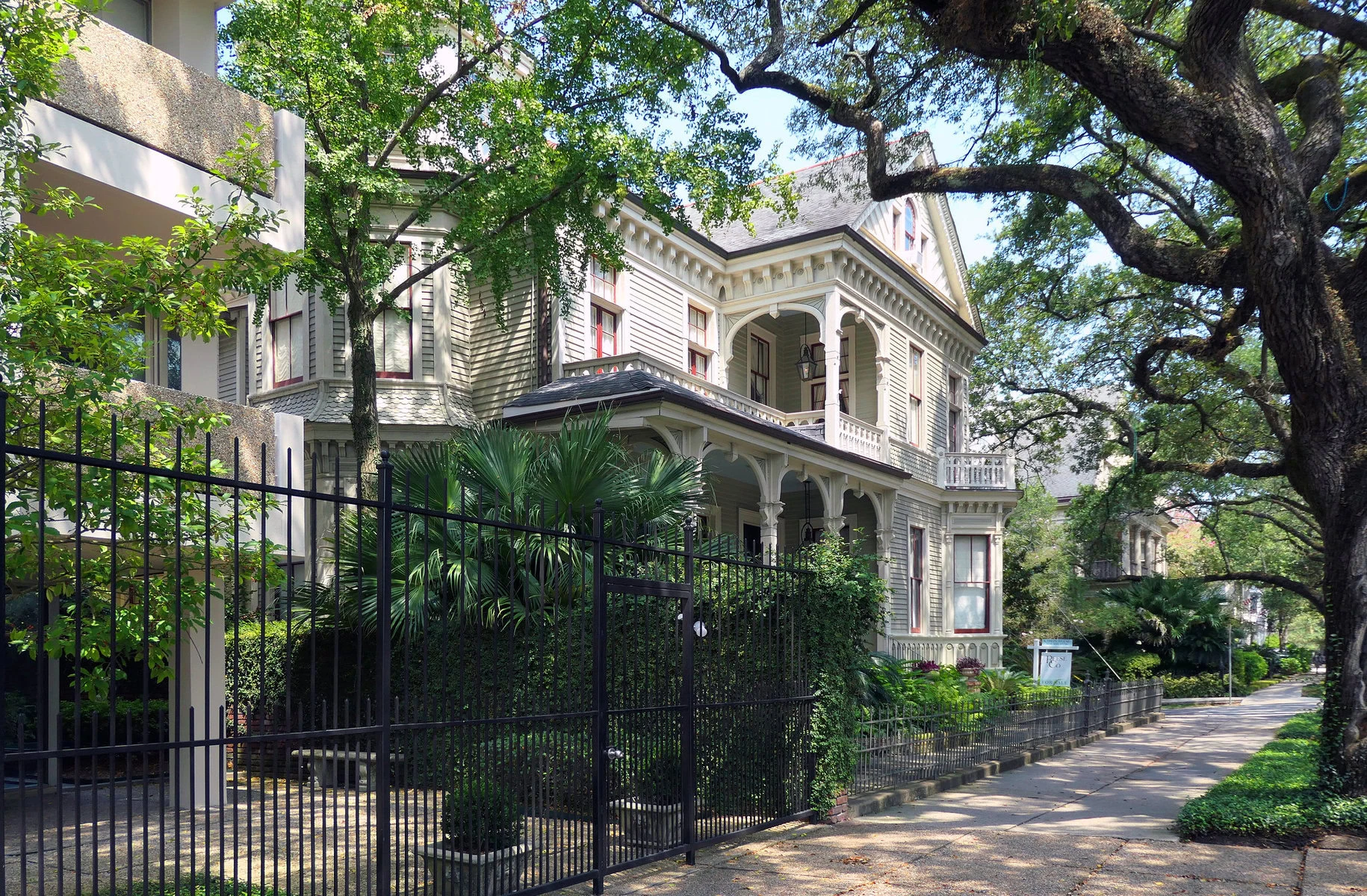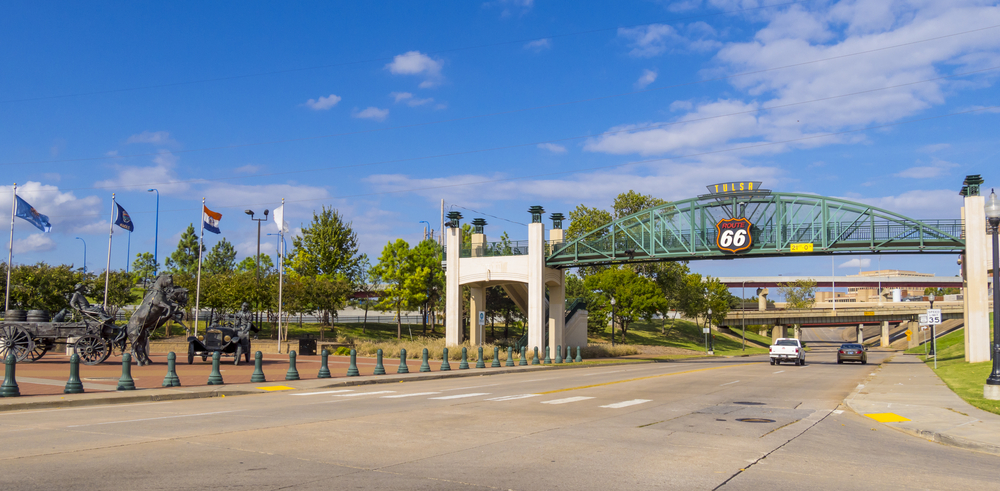This story was originally published by Next City.
Earlier this month, the Supreme Court heard arguments in of the highest-profile court cases about homelessness in generations. City of Grants Pass, Oregon v. Gloria Johnson considers whether a local government can outlaw sleeping outside if adequate shelter is not accessible.
If the Court sides with Grants Pass, cities will be able to rely on punitive policies that do little to nothing to decrease homelessness and often cause worse outcomes for unhoused people in the process. If it favors Johnson, local governments will be required to demonstrate adequate shelter is available for an individual before resorting to harsh enforcement tactics.
Regardless of the ruling, governments will still be in search of an actual solution that reduces the number of people experiencing homelessness — and empowers local governments to maintain public safety and health by returning public spaces to everyday uses. Anything less holds a community in limbo, fighting over costly temporary tactics.
The stakes of the decision are high for our neighbors experiencing homelessness and for those who work with them. Either decision made by the court will have long-lasting impacts on how local governments respond to homelessness, in many ways for the worse. Even what homelessness advocates see as a favorable ruling to protect the unhoused will shift investments away from permanent housing, the gold standard for reducing rates of homelessness. Likewise, a ruling for enforcement would push already limited law enforcement officers into an endless cycle of ticketing and arrests of unhoused individuals with no other options.

But using a proven model for helping house residents in encampments, New Orleans has set a course to reach no or low unsheltered homelessness. We believe every city can do the same, regardless of the court’s ruling.
As longtime practitioners and designers of homelessness response systems who have helped develop successful programs in Houston and New Orleans, we know that regardless of what the Supreme Court decides, cities need better tools for responding to unsheltered homelessness. Good public policy doesn’t come from the courts. It comes from real progress and policy innovation made at the local level every day.
In New Orleans, we’ve begun to implement an encampment response framework that prioritizes housing rather than shelter stays, building on a model first piloted in Houston. Focusing on one encampment at a time, bringing services on site, and drawing on the flexibility of private philanthropic resources allows us to respond to unsheltered homelessness with speed and success.
Weighed down by negative news?
Our smart, bright, weekly newsletter is the uplift you’ve been looking for.So far in New Orleans, we have housed 103 individuals and closed two large encampments. More progress is soon to be made as we respond to encampments one by one, spending four to eight weeks with intense focus on rehousing the individuals living at one site.
We work to quickly move clients directly into housing and wrap them with the support needed to recover, serving as a safety net as they navigate back to wellness and stability. Eliminating an unnecessary shelter stay both saves the community money and produces far better outcomes. It also shifts focus from having enough shelter beds to ending homelessness one individual, one encampment at a time — anchoring our community to the shared value that no one should sleep outside.
Public resources for responding to homelessness are vital but come with many strings attached, which can slow down our ability to rehouse people. We created a flex fund with private philanthropic dollars to hold units until move-in day or for one-time expenses such as application fees and move-in kits.

Because the rental market can be challenging to navigate, we also build business relationships, use incentives, and negotiate favorable lease terms in the multi-family rental market to secure a portfolio of units to be used for rehousing efforts. This is possible even when the rental market is increasingly tight and expensive; New Orleans has seen some of the highest rates of rental increases in the country.
To expedite the rehousing process, we bring as many services onsite as possible when engaging with individuals living at encampments. Street-based medical teams and addiction specialists, outreach workers, housing navigators and case managers all descend on an encampment and work daily to support clients, process housing paperwork and secure the documents needed to complete a move-in. Unit locators negotiate for the units and clients select from a list of apartments, apply for housing, and upon acceptance, move in.
What used to take months of engagement now takes days or weeks. The healthcare, addiction support and case management our community members need follow them into housing.
This shift in engagement has also changed the way those experiencing homelessness interact with us. When we offer supportive services and housing together, they say yes. When we show up each day to make that happen, clients readily participate and allow us to support them through an intense process, even when their mental health and addiction are at their most complex.
We even have clients seek treatment almost immediately after moving into housing, as they now feel safe and secure, with a place for their belongings and a home to return to.
We believe that no one should have to live outside, that no community wants to let vulnerable people suffer in uninhabitable conditions. With the right tools, partnerships, and resources in place, it’s possible to tackle this immense challenge and deliver meaningful results.
Politicians and policymakers can respond to community concerns about public safety and humanely resolve an individual’s homelessness. We do not have to choose one over the other. We simply must be bold enough to do what works.
This article is part of Backyard, a newsletter exploring scalable solutions to make housing fairer, more affordable and more environmentally sustainable. Subscribe to Next City’s weekly Backyard newsletter.












